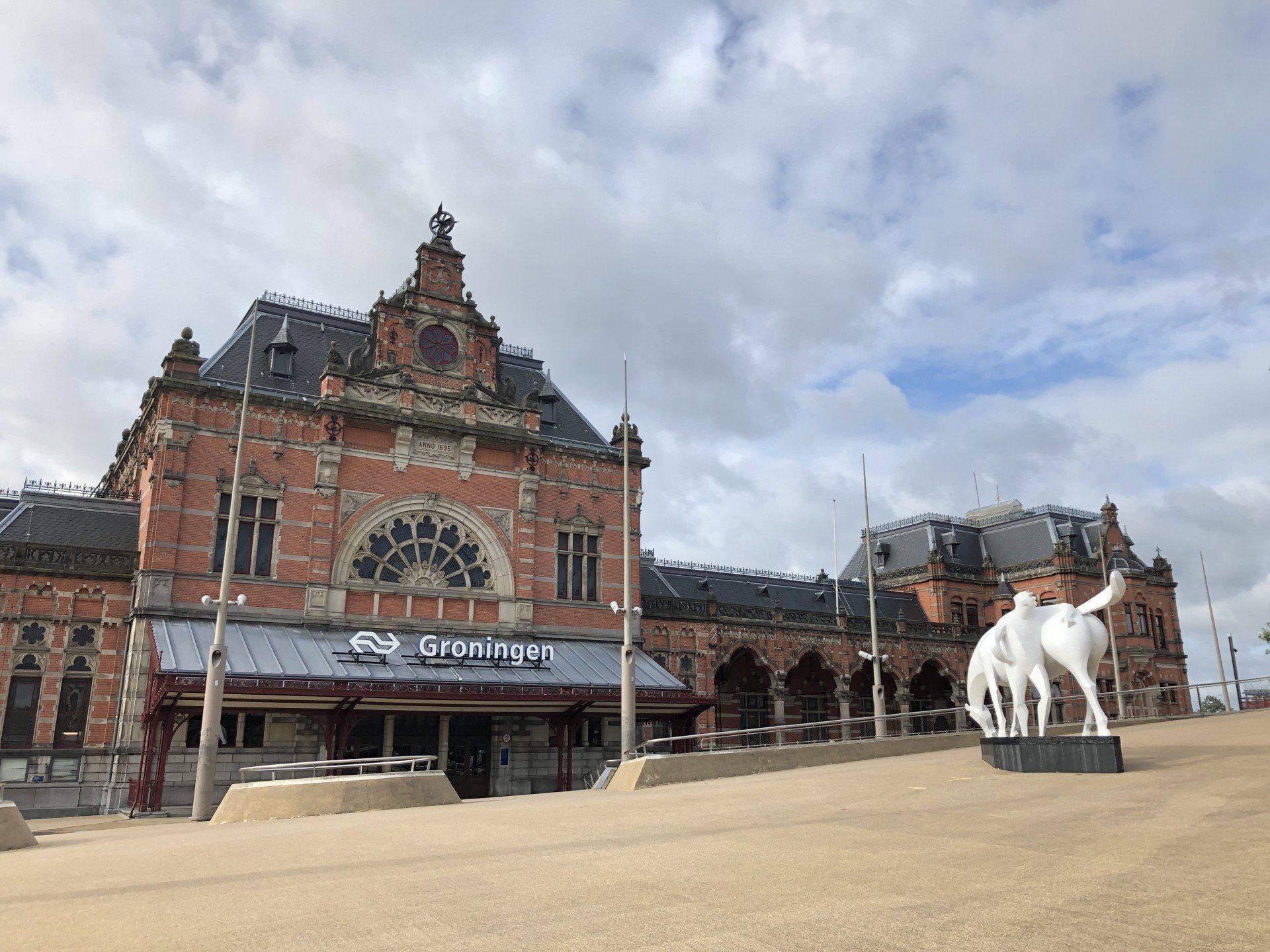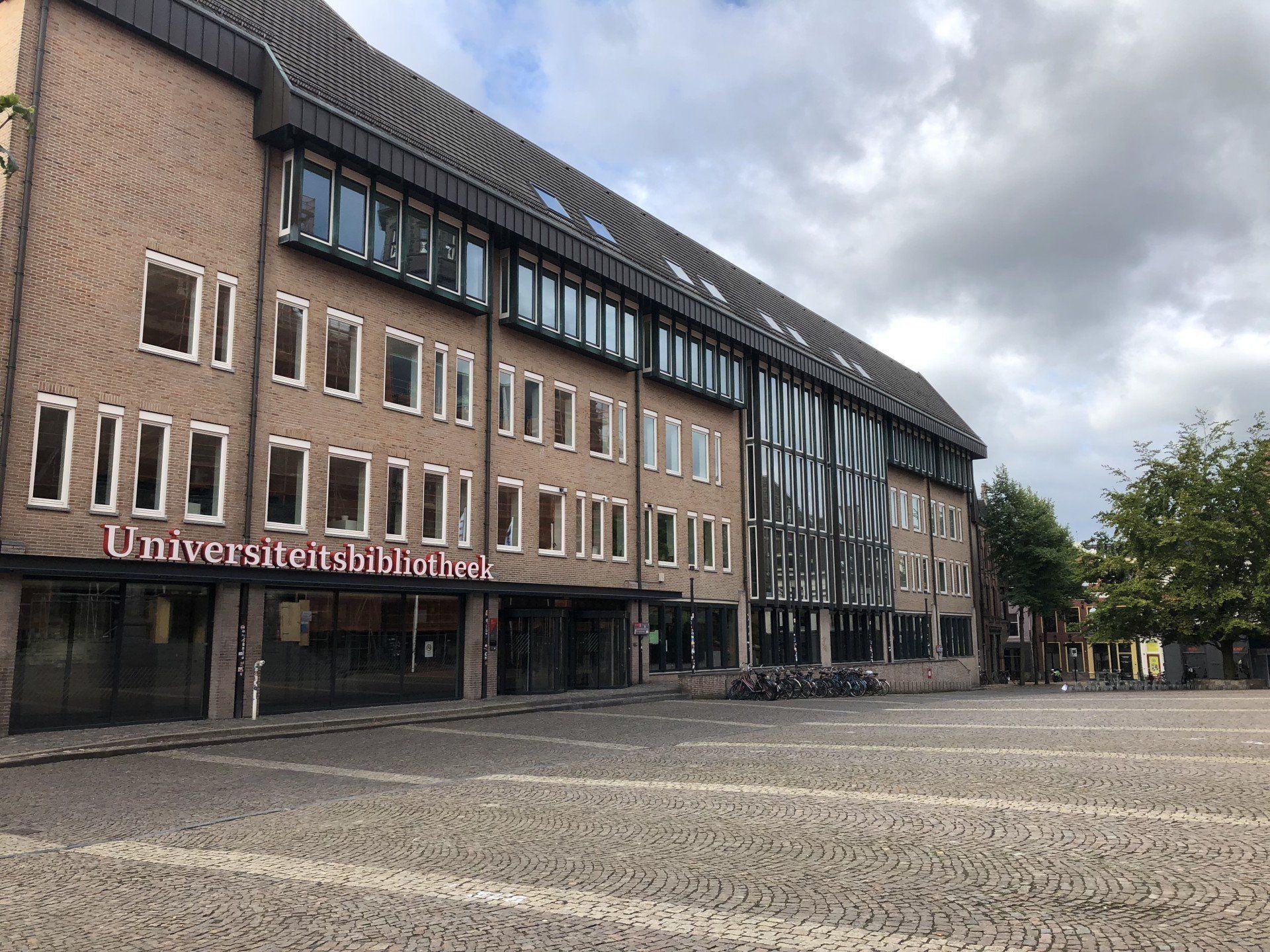Hotel Groningen; are you living here or just staying over? (introduction)
The coming weeks rental doctor Timmy Star will explain the increase of short stay contracts in Groningen. How desirable are these contracts for the city and its tenants?
The annual influx of students that takes place at the end of the summer in Groningen, seems to have a more international character than in other Dutch student cities. This shows not only in a remarkable amount of cyclists that have difficulties navigating their bikes through the city, but also in an insatiable demand for rooms in this peak period, temporary emergency solutions to fix that problem, and lots of discussion on this topic.
In August 2018, the situation received a lot of attention from the media. The municipality tried to provide temporary solutions, but they were fighting a running battle at that point and poignant situations could not always be avoided. The institutions involved offered their apologies and promised to put more effort in timely prognosis, better preparation, and more housing for the future. What do we see when we look back on the housing of international students in the past year and what does this mean for the year ahead?

The Gemeente Groningen and the university have agreed to undertake action and improve the way they handle the peak. Extra accommodations have been constructed and complexes have been renovated to handle the amounts of incoming students from abroad. Last year alone, 415 rooms have been added to the supply and before the end of 2019, it’s expected that there will be a netto increase of another 1000 living spaces. In addition to that, temporary emergency shelters are created. In the next two months we will see whether this is sufficient.
With the added housing aimed at international students, there is also an increase in rental contracts carrying the title “short stay agreement”. The exact definition of ‘short stay’ however, is not that clear. Not only is its temporary element rather relative, the legal consequences these contracts have are often a lot less evident to tenants than regular contracts. Clear and uniform information on the subject is hard to gather without a legal background, let alone when you’re not speaking Dutch. Unclarity about legal positions is normally in the interest of neither lessor nor tenant. Ambiguity is often the source of conflict
. Nevertheless, in the current local housing market, where demand supersedes supply, it is mostly tenants who suffer from their unclear position.
It is good to see the municipality and other institutions undertake an extra effort to house international students. This group forms an important part of the dynamic of the city and its future. However, we do have serious doubts about the way this situation is taking shape with the increasing resort to short stay constructions. Especially in times of trouble, it’s important that fundamental rights are not trampled or ignored.

This month we will devote special attention to the subject of housing with short stay contracts. First of all we will investigate the legal context of these contracts to clear up their legal status. Consequently we will look at the role of the municipality in this situation. Finally we will name the most important risks and difficulties that these contracts bring about. This way we hope to contribute to the ongoing discussion about housing for international students in Groningen and to a fair rental market in Groningen in general.
Wednesday 14 August: Introduction
Wednesday 21 August: The legal context of short stay agreements
Wednesdag 28 August: The role of the municipality
Wednesday 4 September: Conclusions on the desirability of short stay contracts in Groningen




